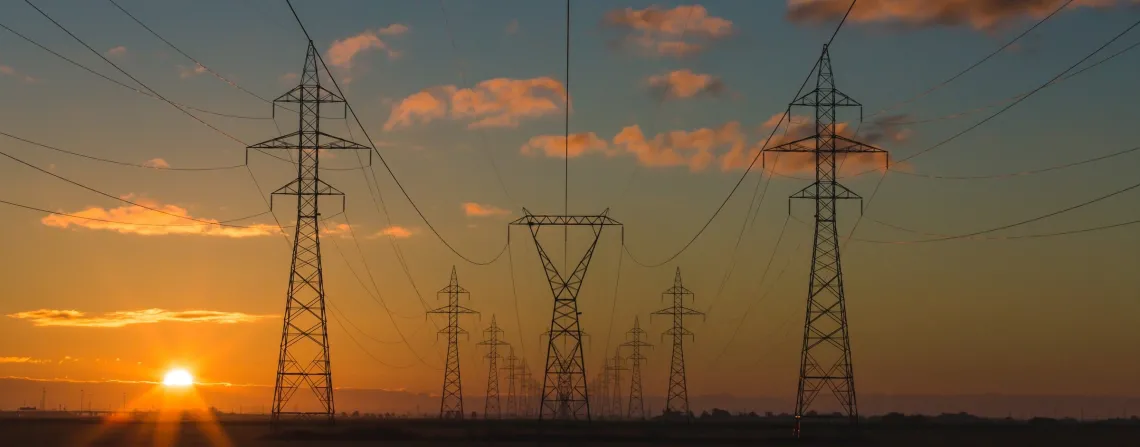
Objective
As our technology and ability to generate renewable energy improves, utilizing and distributing that energy presents its own challenges. The current power grid was designed to accommodate large-scale generation from similar facilities; as the energy profile diversifies, it is apparent that this system is becoming obsolete. Dr. Neng Fan and his team are researching the “smart grid”: an upgrade to the power grid that will be much more flexible, efficient and cost-effective.
Historically, the power system has relied on a single, centralized generation structure, with energy distributed as it is needed. As solar technology develops, individual homes and industries can generate their own energy, and any excess energy cannot be integrated into the main grid due to its linear nature. A smart grid, however, accounts for multiple sources of generation and uses a two-way distribution method. “One of the most important differences is that traditional power grids are designed on the basis that supply follows demand, whereas smart grids are on a demand follow supply basis,” Dr. Fan describes.
Renewable energy is complex and varied, and can often only be generated during certain times. This intricacy requires a system that can be adapted and expanded without detriment to the existing infrastructure. The research on solar energy conducted here at the University of Arizona has guided Dr. Fan’s research into a more responsive system—as solar panels become a common commodity, the demand for an update to the power grid grows. A smart grid which is constantly monitoring and automatically correcting for fluctuations in energy will minimize energy waste. The models that Dr. Fan’s research team creates allows us to test the viability of the technologies still being developed as well as the economic consequences.
Dr. Fan’s collaboration with the Institute for Energy Solutions has provided opportunities for him and his students to present their research and work with other experts. Dr. Fan’s group also applies optimization techniques for design and operations of biomass supply chain and feedstock logistics in economically efficient and environmentally sustainable ways, to co-produce biofuels and bioproducts from guayule and guar. This effort is part of the project SBAR (Sustainable Bioeconomy for Arid Regions), a USDA-NIFA sponsored research activity, to develop a systems approach for feedstock development, production, and delivery in the Southwest United States. Optimization of a smart grid is a feat of interdisciplinary collaboration, and an essential next step of energy research.
Researchers
Dr. Neng Fan
Assistant Professor, Department of Systems and Industrial Engineering
Dr. Young-Jun Son
Professor and Department Head; Department of Systems and Industrial Engineering
